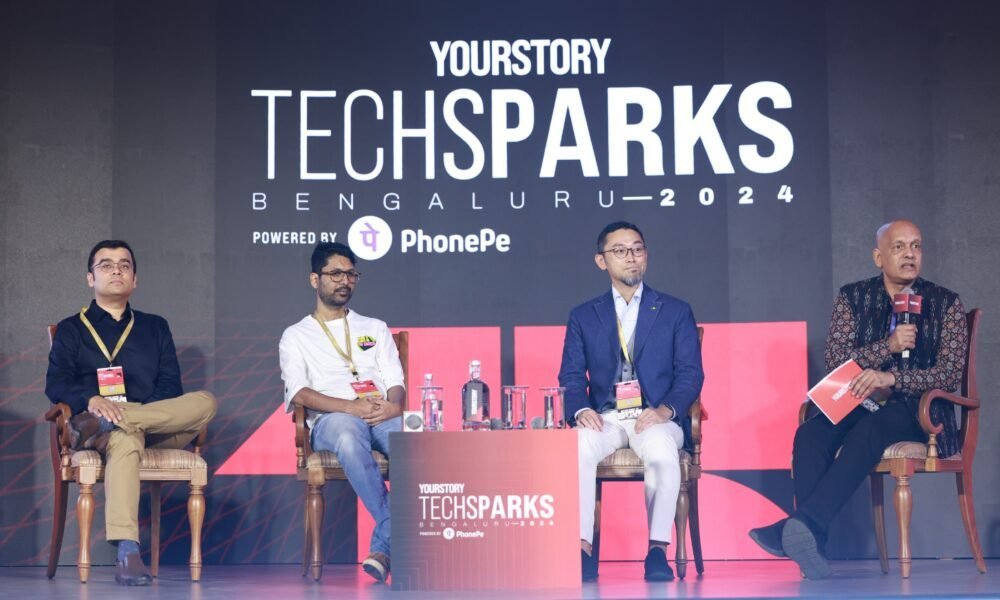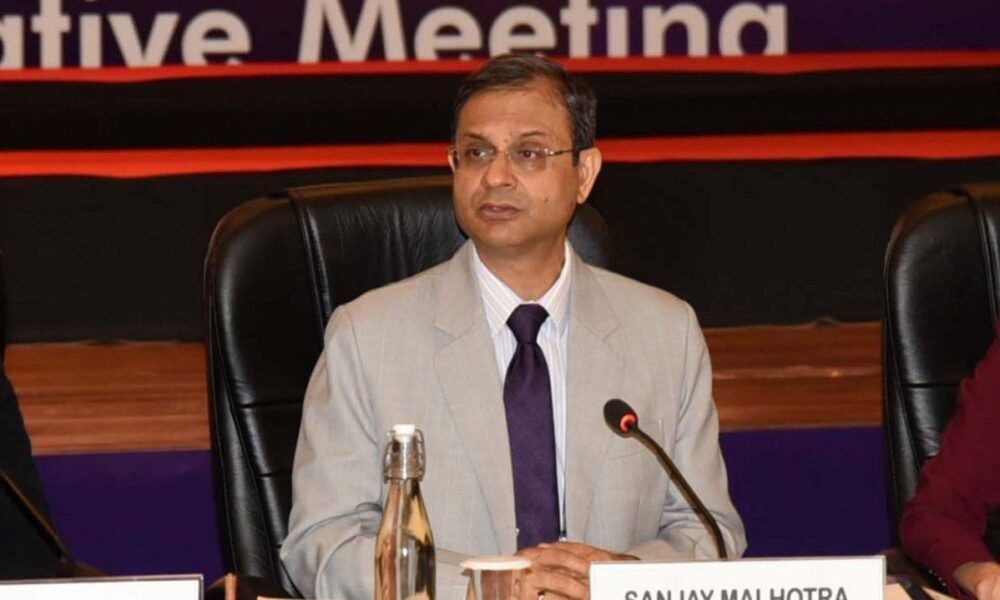Generative artificial intelligence has sparked global excitement, concerns, and an outpouring of investment. But, as SingleStore CEO Raj Verma says, if gen AI is a car, then data is the engine – and data can only be truly leveraged if it’s used in the right context and accessible at the right moment. Enter SingleStore, the world’s only data platform that empowers users to transact, analyse, and search data in real time.
Founded in 2011, SingleStore encourages the world’s changemakers to build, deploy, and scale modern, intelligent solutions. Its platform supports both transactional and analytical workloads, limitless point-in-time recovery, and a distributed MySQL-compatible architecture.
SingleStore’s CEO, Raj Verma, has worked with clients from startups to enterprise-level companies, and has been at the centre of several noteworthy technological revolutions. Verma’s key focus today is artificial intelligence (AI), which has taken the world by storm in the last few years. In his recent book, Time is Now: A Journey into Demystifying AI, he uses insights from his own life to not only explain this fast-developing technology, but also share key life and business lessons.
In a fireside chat with Shradha Sharma, Founder and CEO of YourStory, Verma discussed the journey of SingleStore, its commitment to the Indian market, his book, and more.
The secret to building a world-class data platform
Verma highlighted that it isn’t easy to build a database of high calibre. “It takes about $300 million and 10 years to do this. There are no ifs, ands, or buts. Several technologies can talk the talk but not walk the walk. This is a challenge— we like to solve this pain and get results, and people believe if we can get the performance metrics, they will buy from us,” said the founder, who believes SingleStore’s product does all the talking.
Elaborating on the kind of companies making up the software market, Verma said there are application companies and infrastructure companies. The former can out-execute poor products because their buyers aren’t technologists. That’s not the case with SingleStore because their buyers are knowledgeable about databases, “sometimes more than their engineers.”
Since the database market is fragmented, there are very few companies at the top, especially if ARR is the measure of success. Verma highlighted that SingleStore’s first step was to be exceptionally clear about what it wanted.
“You can’t build a strategy on what is going to change. But you can build a strategy and a product strategy on what you know is not going to change. I can assure you no one is going to come to me in the next three years to say, ‘Can you slow down your database?’ or ‘The scale at which it operates is too high’.”
The three tenets that are unlikely to change are speed, scale, and a multi-model approach. However, speed can be a little confusing for people, Verma added.
“A lot of people think speed is memory. But say if I have to make six copies of data, I have to move data all the time and that’s where latency creeps in. If you transact on a transactional database and send it over to an analytical database, the same will happen. However, if you transact with high fidelity and reason with data, without moving data, it will be a winning bet.”
Commitment to the Indian startup ecosystem
Verma highlighted three important tech innovation hubs around the world: the US, Israel, and India– especially from a startup perspective.
“We have always had a value system in Indian families where the number one spend is on the kids’ education. That’s a priority even today. STEM was always preferred and continues to be, and it is a badge of honour. India produces the largest number of engineers in the world by a country mile. You marry that with the emotional ethos where we are kind and spiritual people. You’ve got the IQ, EQ and also the social quotient. These are some of the reasons why entrepreneurs have a good chance to succeed,” he said.
The founder added that it is also important to back these factors up with financing, noting VCs are thriving in India. Lastly, he spoke about the never-seen-before political will behind local businesses to succeed.
“India has all the ingredients for it to be the fifth largest market for us in the next three to five years; 25% of our employee base is in India,” he said.
Key takeaways from the book
Verma also underscored the importance of the gen AI revolution: “In the next three to five years, AI will be an immersive component of our lives,” he said.
He shared that the idea to write a book was rooted in the fact that people can’t celebrate something that they don’t understand. Going back to his early years, he revealed that he consciously decided to pursue computer science because of his interest in the subject. At that time, robotics was something he wanted to dive into—but one of his professors predicted how the robotics era would only come three decades later due to the lack of vast data and fast compute.
“It turned out to be true. Vast data and fast compute allow you to get to think in large sample sizes, and these are predictors of what’s likely to happen next. Eventually, we will be able to train AI models to think close to what the human brain thinks about. Secondly, demystifying AI to me is about three things—the easy would get automated, the hard will become easy, and the impossible will become possible,” he shared.
Currently, we are witnessing the emergence of chatbots and squirrel bots, which are making the easy parts automated. While that is interesting, what will truly be transformative is when the shift to “the hard becomes easy” and “the impossible becomes possible.” “When the impossible becomes possible, we will witness a seismic shift in the way we think about civilisation,” Verma said.





